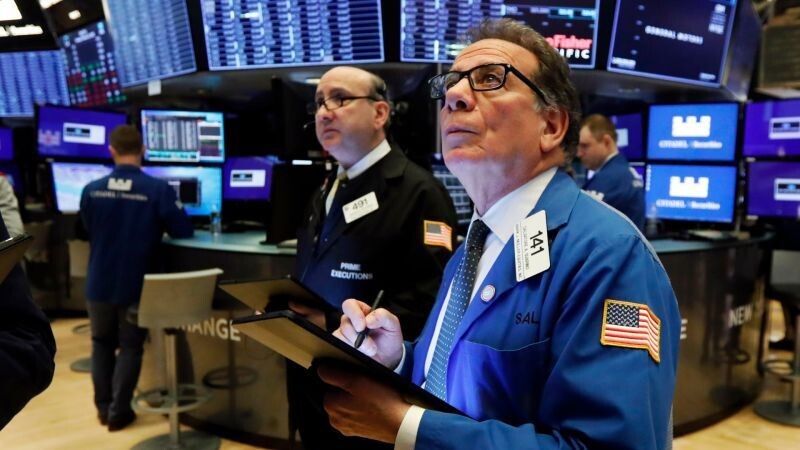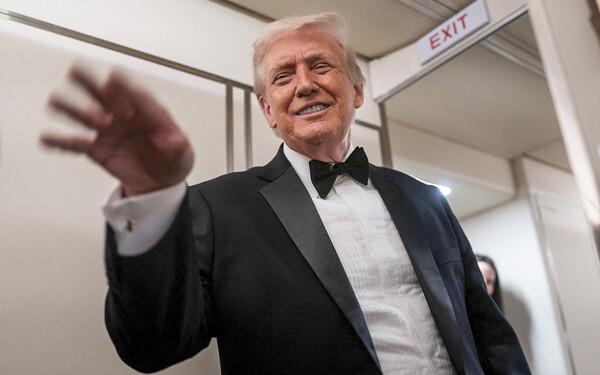
U.S. stocks are going through a difficult situation with a 5% drop just in the middle of March. When stocks fall, bonds are often the alternative that investors turn to in search of safer markets. Although data about the U.S. economy is unstable, it is not negative enough to justify a restructuring of the markets. The concerning aspect of this situation is that U.S. government bonds are not compensating for the drop in stocks. Investors are anticipating a future of slower growth and higher inflation, which monetary policy would not easily resolve, and there are no signs of a short-term catalyst to change the situation.
Wealthy Americans are particularly affected by this decline in the stock market, while bond prices have shown a slight rebound throughout the year, but not significantly. Investors are choosing to abandon stocks in favor of bonds and cash due to signs of possible slower growth and higher inflation in the future. According to Michael Strobaek, Chief Investment Officer of Swiss private bank Lombard Odier, the economic uncertainty generated by fluctuations in the tariff policy of the Trump administration could affect the real economy.
Despite the drops in U.S. stocks, some investors might see buying opportunities if prices continue to decline. But there are concerns about geopolitics, uncertainty, and tariffs proposed by Trump that could have a negative impact on the markets. The Federal Reserve is reluctant to intervene to stem this decline, which increases anxiety among fund managers. The atmosphere in the financial market is pessimistic, and uncertainty makes it difficult for fund managers to confidently forecast profits.
In short, the current situation of the stock market generates concern among investors, who face a difficult decision-making process in an environment marked by uncertainty and volatility.














